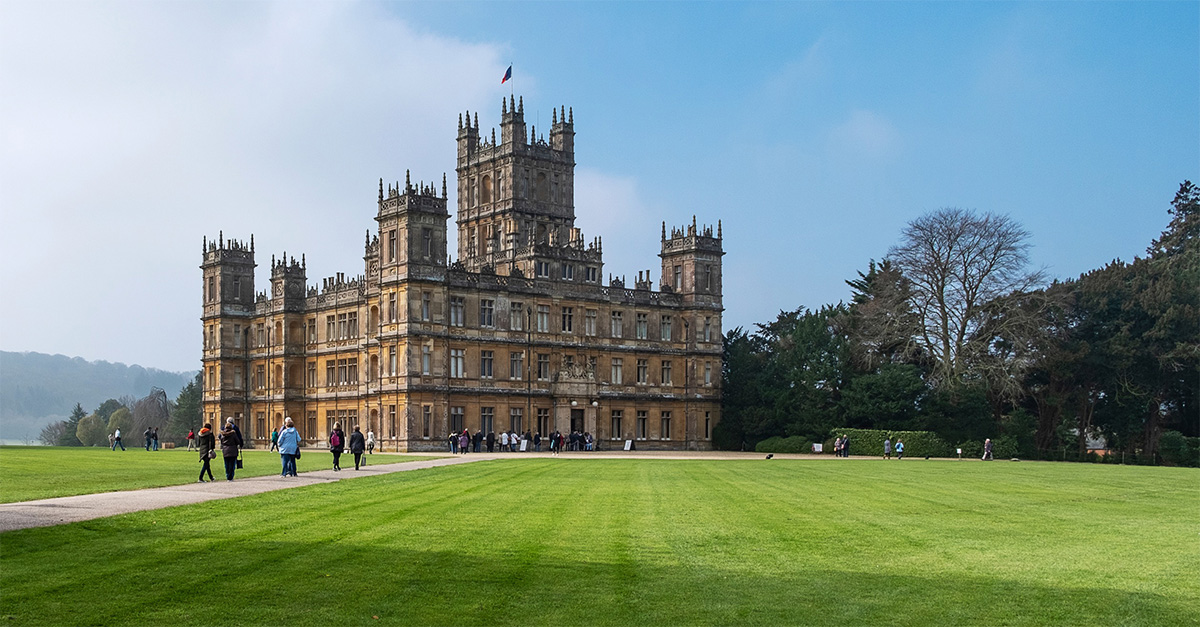The fanfare that greets the onset of ‘open skies’ between the European Union and the US at the end of March may leave most people wondering: ‘Why the fuss?’
If you believe the European Commission, the liberalisation of services between the two regions will bring fare savings of £7.7 billion by 2013. We shall see.
In theory, the deal allows any EU or US airline to fly from anywhere in Europe to anywhere in the US.
In practice, carriers operating from the UK generally prefer to fly from Heathrow because of its business and feeder traffic and the resultant high margins. But Heathrow has no spare capacity, so additional services will be limited and British Airways will remain the dominant player.
Continental Airlines, Delta Air Lines and US Airways will begin Heathrow-US services for the first time at the end of March and Air France will commence transatlantic flights from the airport. But BMI has said it will wait until next year to see how the market develops before beginning any operations.
Predictions of falling fares have been exaggerated. Economy US fares are currently subsidised by the profits on business class and no less an authority than easyJet founder Stelios Haji-Ioannou says prices cannot fall.
Analysts suggest business-class fares may drop 5%-10%, but few corporate travellers pay the full rate anyway.
Interest may switch to talks on the next stage of liberalisation between Europe and the US, which is due in 2010. The UK Government insists it will revoke landing rights for US airlines without further liberalisation of US rules on foreign ownership of airlines.
That threat has led Virgin Atlantic to postpone plans to launch transatlantic operations from other European countries.
The talks are likely to be fractious, at least until the election of a new US president in November. Director of international aviation at the US Department of Transport Paul Gretch has warned: “There is not going to be a change by this administration.”




